This month, we’re taking a look at how challenger brands use their most important communications channel to create extraordinary marketplace distinction and an unassailable competitive advantage.
The most important marketing weapon for a consumer-facing brand isn’t advertising. It isn’t PR, or social media, or even the products themselves. It’s people. In fact, at a time when year by year we do more and more shopping online, the way your employees interact with your customers, and the brand experience they deliver, has never been more critical.
The customer experience is a social one driven by emotion.
Whether it’s a restaurant, a shoe store, or an airline, the way customers feel about their interactions with the people serving them is the heart of the brand experience. Each exchange either strengthens or weakens the customer’s bond with the brand.
Again, paraphrasing what one of our favorite authors, Joe Calloway, says in his book, “Becoming a Category of One,” a brand represents what people think it’s like to do business with your company. And what customers think about a company and the way it treats them has the power to make or break that relationship.







